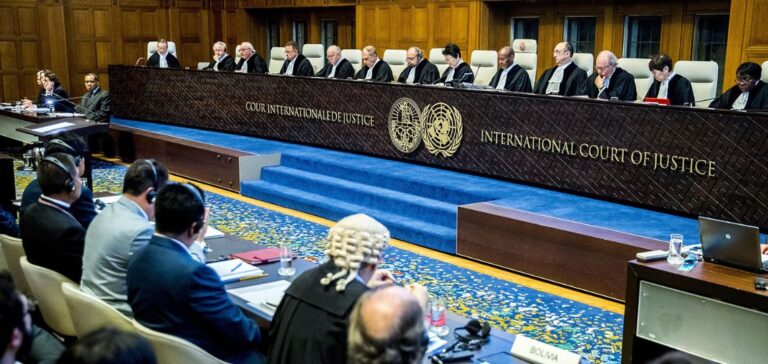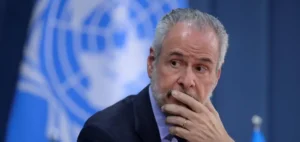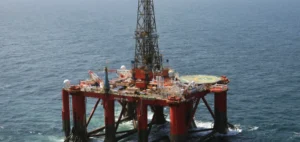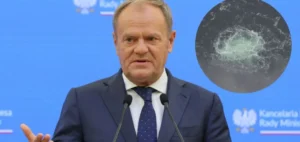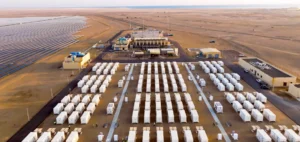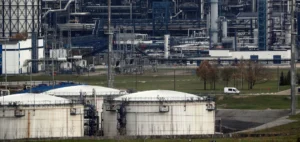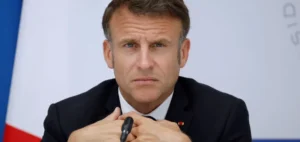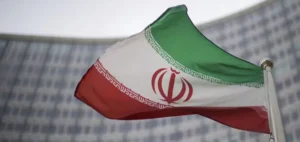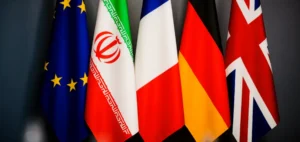The UN’s highest court rejected Nicaragua’s claim against Colombia on Thursday, hailing it as a “great victory” in the latest legal dispute between the two countries over an oil- and fish-rich area of the Caribbean Sea.
ICJ decision: Colombia wins major victory in border dispute with Nicaragua
Nicaragua was contesting a 2012 ruling by the International Court of Justice (ICJ), which gave it a large chunk of the Caribbean Sea and awarded seven small islands to Colombia.
Joan Donoghue, president judge of the ICJ, declared that she “rejects” the requests of the Central American country, which in 2013 had asked the court to extend its territory beyond the border set at 200 nautical miles (370 kilometers) from its coastline.
“Great victory for Colombia in The Hague”, where the ICJ sits, tweeted Colombian president Gustavo Petro. “With this decision, we hope to bring closure to the border dispute and focus on the sustainable development of our archipelago,” he added.
Managua argued that its territory should instead follow the continental shelf that extends under the sea from its coastline. Colombia claimed that this overlapped with the zone in which the archipelago is located.
“Under customary international law, a state’s right to a continental shelf beyond 200 nautical miles from baselines cannot extend to maritime spaces within 200 nautical miles of another state’s baselines,” the court concluded.
“The court’s clear decision, aligning itself with the Colombian position, represents an important contribution to the development of the international law of the sea,” Colombian agent Eduardo Valencia-Ospina hailed in front of journalists. “The court has spoken and Nicaragua has always listened and obeyed,” Nicaraguan representative Carlos José Argüello Gómez reacted briefly to journalists.
Maritime dispute between Colombia and Nicaragua: stormy hearings before the ICJ
The two sides clashed before the tribunal at hearings in December last year, with Colombia accusing Nicaragua of making “exorbitant” demands unprecedented in legal history. Nicaragua, for its part, accused Colombia of threatening “the public order of the ocean”.
These two rival countries don’t have a land border, but they do have a sea border, which has been the subject of tension for almost a century. Managua took its case to the ICJ in 2001 and in 2012 won several tens of thousands of km2 of exclusive economic zone (EEZ), previously under Bogotá’s control. However, the Court had ratified Bogotá’s sovereignty over the Providencia, San Andrés and Santa Catalina archipelagos.
This decision was seen as traumatic by Colombia, which was furious and declared that it no longer recognized the ICJ’s jurisdiction over border disputes. In 2022, the ICJ ordered the Colombian navy to stop interfering in Nicaraguan waters. The ICJ, based in The Hague, was set up in 1946 to settle disputes between states. Its judgments are binding and final, but the court has no means of enforcing them.


